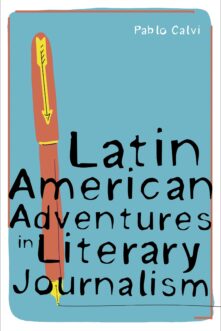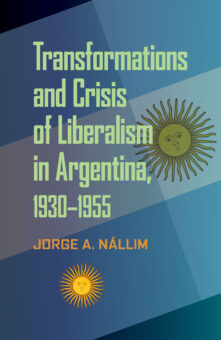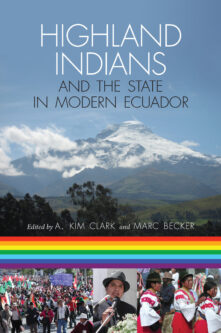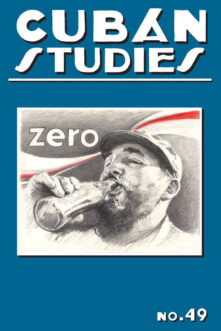Search Results


Tough on Crime
The Rise of Punitive Populism in Latin America
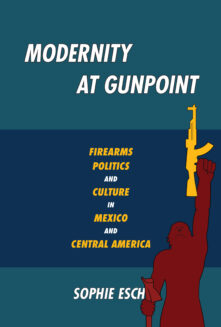

Modernity at Gunpoint
Firearms, Politics, and Culture in Mexico and Central America
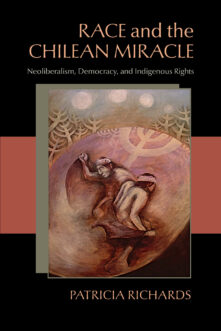

Race and the Chilean Miracle
Neoliberalism, Democracy, and Indigenous Rights
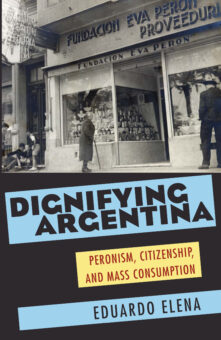

Dignifying Argentina
Peronism, Citizenship, and Mass Consumption
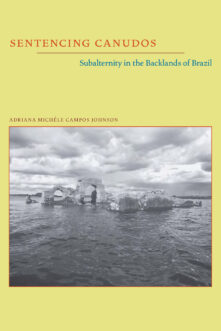

Sentencing Canudos
Subalternity in the Backlands of Brazil
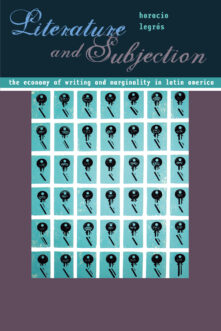

Literature and Subjection
The Economy of Writing and Marginality in Latin America
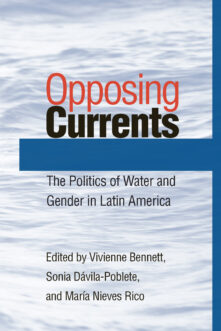

Opposing Currents
The Politics of Water and Gender in Latin America
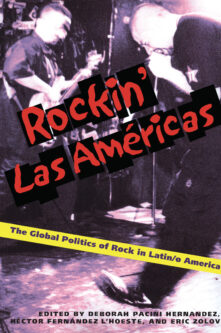

Rockin Las Americas
The Global Politics Of Rock In Latin/o America
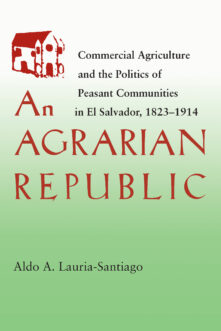

An Agrarian Republic
Commercial Agriculture and the Politics of Peasant Communities in El Salvador, 1823–1914
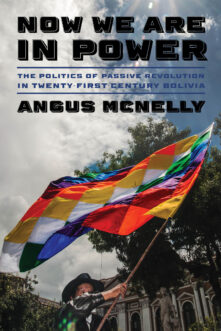

Now We Are in Power
The Politics of Passive Revolution in Twenty-First-Century Bolivia
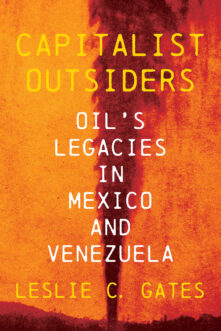

Capitalist Outsiders
Oil's Legacies in Mexico and Venezuela
Your search for "Urban Rivers %3A Re-making Rivers%2C Cities and Space in Europe and North America" returned 620 results


